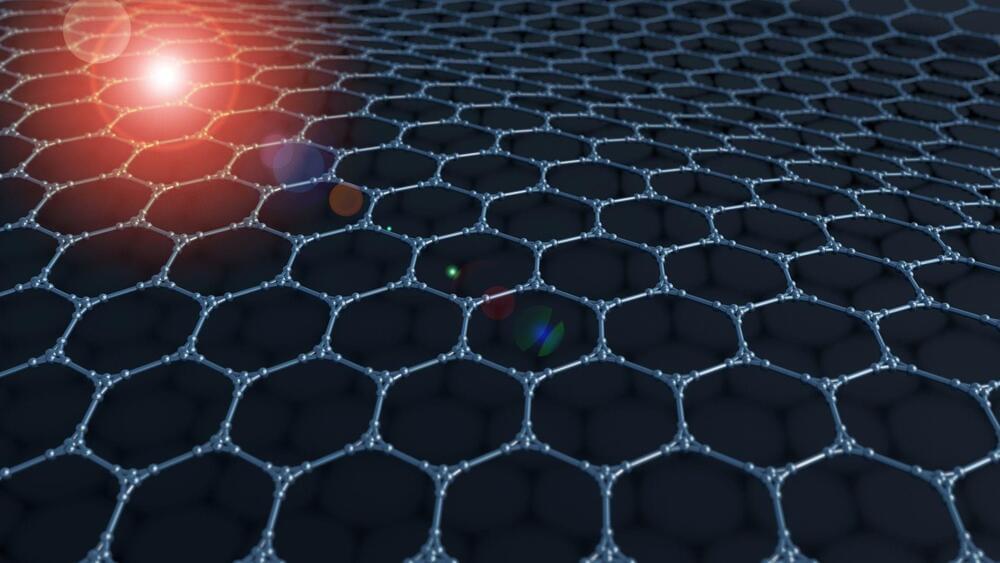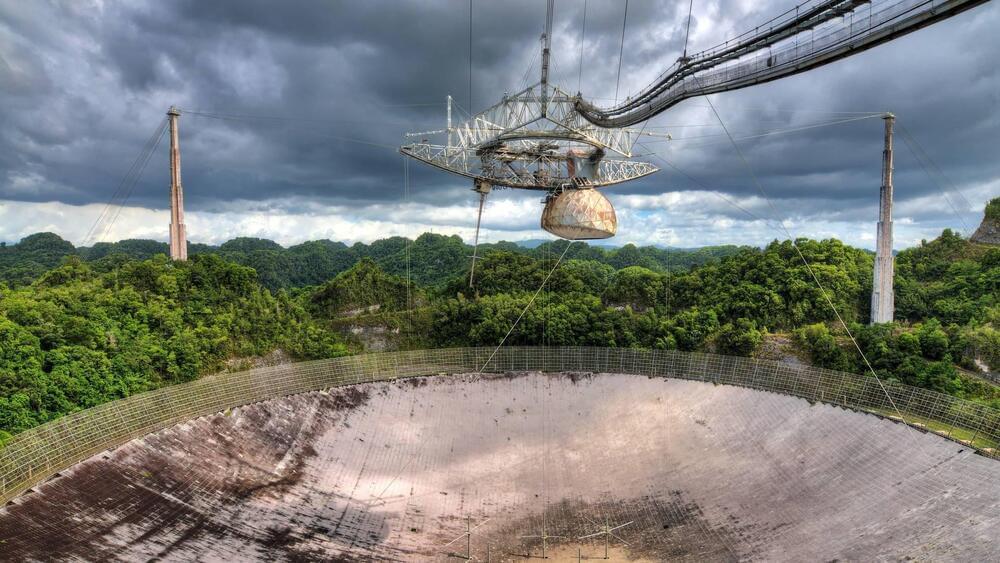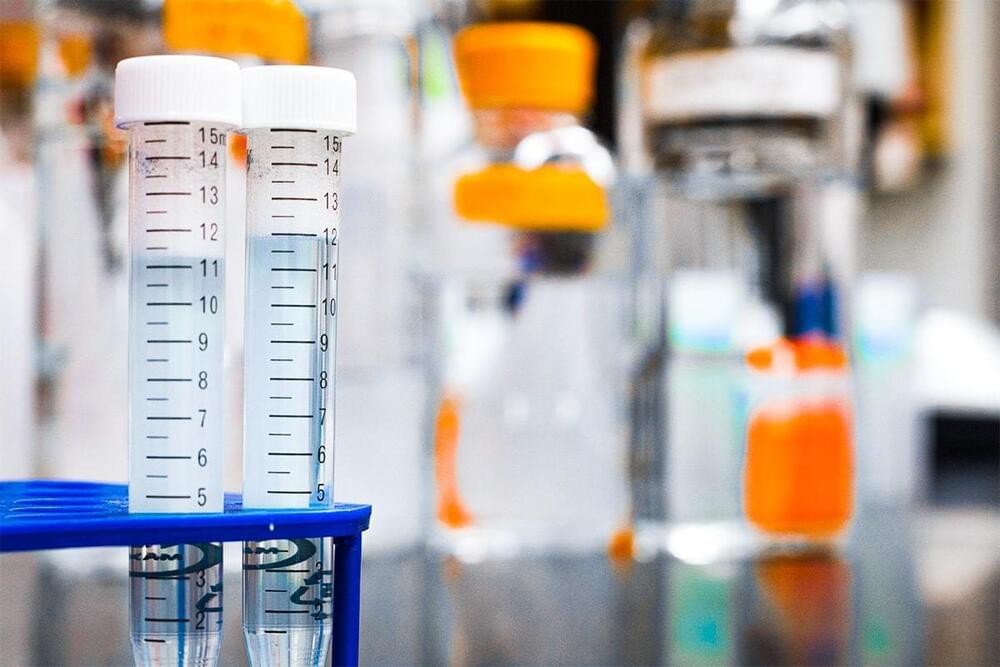A classic thought experiment in the philosophy of mind is reduplication, in which a person (or her mind) is duplicated such that two or more descendant people of shared mental ancestry now exist where previously there was one. The philosophical quandary is to resolve what happened to the original person’s identity. Did she survive and if so, in which of the resulting people’s minds? Which of the two resulting people is the original and which is a mere copy of denigrated identity status? Alternatively, is there something fundamentally wrong with the wording of such questions, such that we should we adopt a different perspective on the nature of personal identity that offers alternative solutions to the reduplication quandary? Reduplication further arises not only in abstract philosophical musings, but also in the futuristic and variously conceivable (depending on the reader’s tastes), technology of mind uploading, in which a person’s physical brain is emulated via the technology of whole brain emulation. While mind uploading might produce a single result, such as if the original brain is destroyed by the uploading process and only one upload is created, we can also conceive of either nondestructive scenarios (in which the original brain is not destroyed) or scenarios that produce multiple uploads. Either case results in multiple descendant minds, each operating in distinct physical systems (brains or cloned brains, or computers of some sort). The philosophy of personal identity has produced several possible stances on the nature of personal identity. The most popular are body identity and psychological identity, with other options including closest continuer identity, space-time worm identity and branching identity. However, there is always room for new theories to enter the discussion. The way in which blockchains work, and Bitcoin’s mining process and protocol for handling orphaned blocks, suggests a new theory of identity along with a new solution to the reduplication problem. The proposed blockchain solution to personal identity has applications to the handling of the reduplication problem as it may arise during a futuristic mind uploading procedure.
A blockchain holds a hashed transaction ledger, essentially the history of all transactions encoded to prevent any subsequent alteration of the history. In this way, all transactions back to the beginning of the ledger’s history can be confirmed by any interested party. Deceit, fraud, and other attempts to undermine the history simply don’t work, and consequently blockchains enable a variety of interactions with the currently most popular being digital currency. In addition to more conventional applications, blockchains could also be used to assign identity status (original or copy) to the descendent minds of a mind uploading procedure. Each descendant could then venture out into the world confident that their identity status will be honored by all third parties thereafter. Let us call this the blockchain theory of personal identity.






